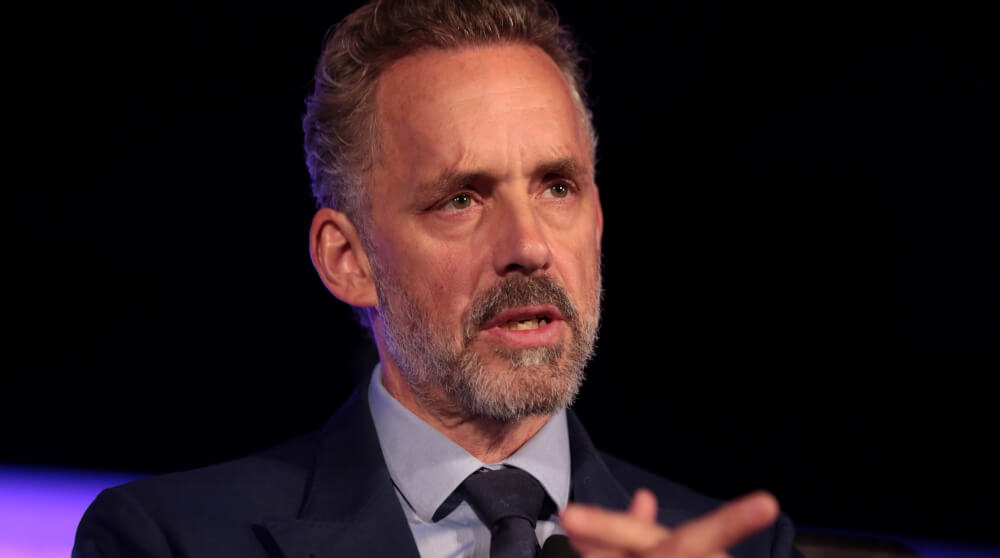As a high school coach, it’s painful to witness young athletes grappling with prescription addiction. Seeing their struggles firsthand forces the question: Can you trust your doctor?
It’s an uncomfortable thought, but crucial to consider. The role of doctors is to heal, to make us better, to be trusted. However, in South Africa and globally, there’s an ongoing crisis of prescription addiction. It’s a reality you or your loved ones might be facing right now, one that deserves urgent attention.
Take opioids, for instance. Initially prescribed for pain relief after injuries, these potent substances have addictive properties. In a bid to quell their discomfort and return to the field swiftly, many young athletes may start to misuse their prescription, leading to dependency.
Notably, according to the South African Medical Research Council, admissions for prescription and over-the-counter drugs misuse have seen a steady increase over the years. The statistic indicates that prescription addiction isn’t just a problem abroad; it’s here in our backyard.
Does this mean we can’t trust our doctors? Not necessarily. It’s important to remember that most healthcare professionals are ethical and dedicated to their patients’ wellbeing. However, they operate within a system that often prioritizes quick fixes over more sustainable, long-term solutions.
The key is in building an open dialogue with healthcare providers. Encourage your young athletes to ask questions about prescribed medication: Why is it necessary? Are there alternatives? What is the risk of dependency? Remember, every prescribed drug should be taken as directed and not beyond the recommended duration.
The Doctor’s Dilemma: Trust and Prescription Addiction
When dealing with the world of prescription addiction, a fundamental question arises: Can you fully trust your doctor? As a high school coach witnessing young athletes grapple with this issue, the question isn’t academic – it’s real and deeply personal.
The Prescription Addiction Crisis: A Closer Look
Prescription medications, like opioids, often begin as a necessary treatment for injuries. Their powerful pain-relieving properties are vital in aiding recovery. However, they also carry high addictive potential, leading athletes who merely wish to return to the field swiftly into a spiraling cycle of dependency.
In South Africa, the problem is more severe than many realize. According to the South African Medical Research Council, admissions for misuse of prescription and over-the-counter drugs have steadily risen in recent years. This isn’t just a problem we see on foreign shores; it’s in our homes, schools, and communities.

Trust in the doctor-patient relationship is paramount. Yet, acknowledging the reality of prescription addiction is a crucial step in preventing and addressing it. We must push for more stringent regulation of prescription drugs and advocate for comprehensive education on their potential risks. As you navigate these challenges, remember you are not alone in this fight against prescription addiction. Together, we can ensure the trust we place in our doctors is not misplaced.
Frequently Asked Questions
Do all doctors risk overprescribing addictive drugs?
Most doctors actually care about their patients and only ever recommend what they believe is best for them. Quick solutions are often emphasized within the healthcare system, which can lead to abuse.
How can I help stop the abuse of prescription drugs?
Maintain an honest line of communication at all times with your doctor. Ask as many questions as you like regarding the medication’s necessity, hazards, and alternatives. In addition, it is important to take medications exactly as prescribed and never for longer than suggested.
How can I put my faith in my physician if I could become addicted to my medication?
The ability to trust the healthcare system is fundamental, but it cannot stand alone. When prescribing potentially addictive drugs, doctors should be open to discussing the risks of addiction as well as other alternatives.
Can I recognize the symptoms of prescription drug abuse in myself or a loved one?
Symptoms of prescription drug abuse include going over and beyond recommended dosages, experiencing unusual changes in mood or sleep patterns, and continuing to use drugs despite the resolution of original health issues.
If I or someone I care about may be battling with prescription drug addiction, what steps should I take?
It is critical to get aid from a specialist right away. Talk frankly with the prescribing doctor and seek advice from medical professionals who specialize in addiction therapy.
Trust, Prevention, and Dialogue
There must be confidence between the doctor and the patient. Nonetheless, it is crucial that we acknowledge the potential for prescription medication addiction and work to curb it. The first step is having frank conversations with medical professionals about the benefits, side effects, and alternatives to taking prescription drugs. Education is still our best weapon in this time of need.
South Africa faces the difficult reality of prescription drug abuse, but it is a problem that can be solved. We need to push for tighter controls on prescription drugs and more widespread awareness campaigns about the risks they may pose. Let’s all pitch in to lower the risk of addiction to prescribed drugs and increase public faith in the healthcare system.
Teamwork is required for this. Whether you’re a player, a coach, a parent, a friend, or a fan, your opinion and participation matter. Together, we can make a huge difference in the fight against prescription drug addiction, which affects each of us directly. Keep in mind that the trust we put in our medical professionals is extremely important and should never be violated.

